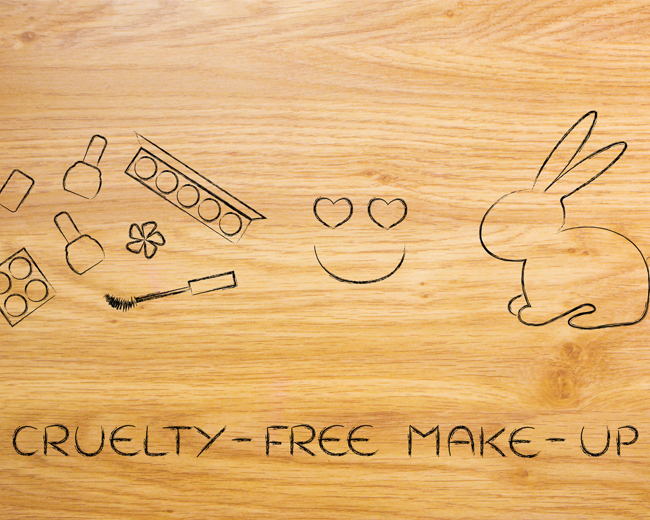5 Animal by-products commonly found in beauty products
You might be surprised to find that many of the products in our make-up and skincare collections contain ingredients that come from animals.
If a product has been certified by local organisation Beauty Without Cruelty or international body Leaping Bunny as cruelty free, but contains animal derivatives, it means that while the materials may have been extracted from an animal, the animal was not harmed in its production. It also means that neither the product nor the ingredients were tested on animals.
Toni Brockhoven, Chairperson of animal rights organisation Beauty Without Cruelty, advises which animal by-products we may find in our favourites.
1. Lanolin
“Lanolin is an oil that comes from the wool of sheep and is used as a softening agent in products like lotion, lip balm and hair products,” says Brockhoven. “Shea butter, rice bran oil, cupuacu butter and cosmetic-grade mineral oil are vegan options.”
2. Beeswax
Beeswax is secreted by honeybees and is prevalent in many personal care items because of its ability to lock in moisture, maintain the structure and consistency of a beauty product and create a protective barrier for the skin. According to Brockhoven, bees are not harmed or killed to produce beeswax, but there are alternatives like candelilla soy, carnauba and sunflower waxes.
3. Keratin
“Keratin is derived from ground horns, hooves, claws, nails, hair, scales and feathers. Keratin is used in cosmetics as a hair and skin conditioner. Gluadin Kera-P LM is a vegan alternative,” says Brockhoven.
4. Stearic acid
You will find this in many foods as well as everyday beauty products such as shampoo. It can be found in animal fats and vegetable oils. Brockhoven explains that it is present in the fat of several animals.
“Stearic acid (octadecanoic acid) is from the stomachs of pigs, goats and sheep and found in deodorant, soaps, hair products and moisturisers. Vegan alternatives include cocoa butter, shea butter and soy lecithin,” she says.
5. Carmine
Carmine is derived from an insect called a cochineal and gives a red dye to food and personal items. It often involves the crushing of an insect’s body but there are other options.
“Red iron oxide or plant-based pigments, such as beetroot powder, can also be used to add colour to cosmetic products,” suggests Brockhoven.
If you are determined to avoid anything that is not cruelty-free or edge closer to something vegan, Brockhoven suggests consulting entities with rigorous criteria for animal rights.
“It is far easier to simply look for a ‘vegan-friendly’ notation on the label, and confirm listings on either www.humaneguide.co.za, or www.crueltyfreeinternational.org/LeapingBunny for international brands, which claim they don’t animal test,” she says.
The Clicks MyEarth Range is made entirely from plant-based materials. Click here to find out more.
IMAGE CREDIT: 123rf.com



